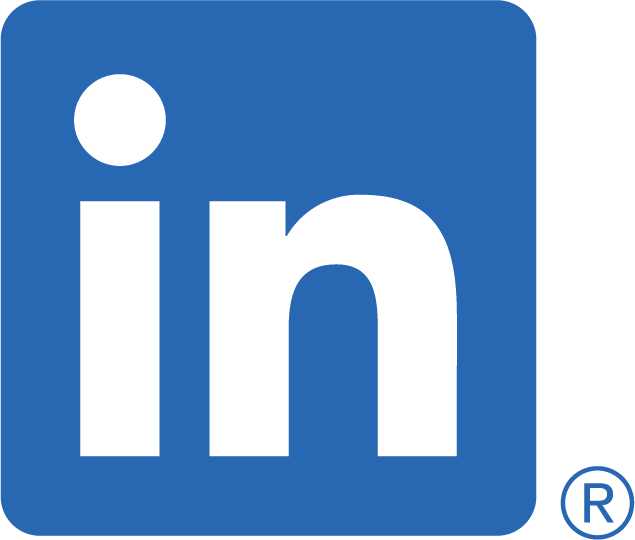CXO Hiring: What are the Key Trends Driving Change?
Blog

istock.com/busracavus
11 Jun 2023
By Varun Sarin
Let me begin by stating that executive hiring is no easy task. Whether you are an established organization or an emerging startup, finding CXO leaders, especially in today’s hyper-competitive business landscape, is a daunting, complex, and long process.
There is no debate on the significance and impact of hiring the right executive leaders. When Warren Buffet expressed that the most significant risk a company could face is to hire the wrong CEO, he was merely pointing out a truth hidden in plain sight. Wrong hires come with both tangible and intangible costs to the organization. This cost is compounded in the case of leadership hires. Additionally, the constantly evolving world of business fueling new demands and expectations from senior leaders only heightens the complexity of hiring CXOs.
It is also interesting to note that despite the sharp downturn in the job market, CXO hiring has not seen any significant slowdown. If anything, executive hiring mandates have only grown stronger, and the demand for niche skills have progressed. So, what are some of these fundamental changes and underlying trends in CXO hiring that organizations must consider while hiring executive leaders? Let us take a look around before we try to answer that.
The current environment is unfamiliar territory.
In many ways, 2022 was a challenging year. Global events and their consequences (that we continue to battle) were felt worldwide.
The pandemic altered the way we work (with increased digitization, changes in the supply processes, and the rise of remote and hybrid work models), as a result, organizations are now on the lookout for leaders who are not only abreast of these changes but also have a deep understanding of how to navigate them and evolve with this new world of work. Given the current backdrop of social, geopolitical, and environmental challenges along with a gaping talent gap, there is a growing need for executives who can do more with less. At the same time, there is a significant number of leaders who have never faced such harsh economic and business conditions riddled with innumerable uncertainties.
Yet, the truth is that businesses need to stay competitive and for that, they need a leadership team equipped to combat all that is thrown its way. Today, an organization’s top leaders must meet a wide variety of expectations. Relevant technical expertise and skills comprise only a slice of this pie. Leadership performance today and in the near future will be measured by a leader’s ability to manage change and risk, managing financial resources to deliver the best possible outcomes while also demonstrating strong empathetic & inspirational leadership.
To that end, let us dive into some of the evolving expectations driving leadership hires today.
-
Digital Transformation-Ready
Leading in an increasingly digitized world of work with a digital-first workforce requires an entirely new skill set, especially as the number of millennial and Gen-Z employees grows. While relevant digital skills are a must-have for every individual today, for executive leaders their importance cannot be overstated. Balancing the needs of a young workforce, a fast-changing business environment, and emerging tech advancements, have made it necessary for organizations to look for leadership that is future-relevant. Leaders who speak the language of their employees and customers, can drive digital initiatives, and restructure solutions or experiences to be digital-focused will be immensely valuable for companies.
-
Data-driven Decision-Making
To complement this digital readiness, modern-day leaders are also expected to be data driven. Sound decision-making abilities set a leader apart. However, executive decision-making is changing, and data analytics has a big role to play in it. An analytical bent of mind coupled with the ability to translate data into real, actionable insights can empower organizations to make more accurate and informed decisions that can further grow the company. Business leaders are expected to achieve this by championing a data-centered culture that overcomes the risk of information overload and prioritizes quality over quantity, enabling simpler, faster, and more cost-effective decision-making.
-
A High EQ
Over the past few years, the emphasis on emotional intelligence has been highlighted even further. There are two key components to emotional intelligence, the first involves self-awareness i.e., a solid understanding of yourself and your reactions to others, and the second focuses on empathy and compassion as the core. As prospects are assessed and evaluated for leadership roles, forward-thinking organizations are also providing future leaders with real-time scenarios, and self-assessment tools to better judge their EQ levels. Organizational success relies heavily on a positive and inclusive work culture that prioritizes employee well-being and promotes open, bias-free conflict management — Leaders with high emotional intelligence play a critical role in making this possible.
-
Culture Fit & Value Add
Cultural fit plays a pivotal role in executive hiring. Leaders have to align with the organization's values, ethics, and operating principles to ensure they thrive in their roles and can foster a positive work environment. Behavioral interviews, psychometric assessments, as well as involving key stakeholders in the selection process are all important ways to glean valuable insights into an individual's compatibility with the organizational culture. It is, after all, a leader’s responsibility to cultivate a strong workplace culture by self-modeling and embedding company values into the day-to-day workings of an organization.
In Conclusion
Hiring the right executive leaders has been and will always be paramount to organizational success. But the future of leadership is changing. As 2023 progresses, organizations will be seeking C-level candidates with an appetite for disruptive innovation, strategic decision-making, and the ability to challenge the status quo to create new growth opportunities. These are some of the key trends to watch out for along with DE&I, agility, and remote/ hybrid work leadership and I strongly recommend that organizations and their hiring teams identify and nurture these qualities in their potential leaders.








